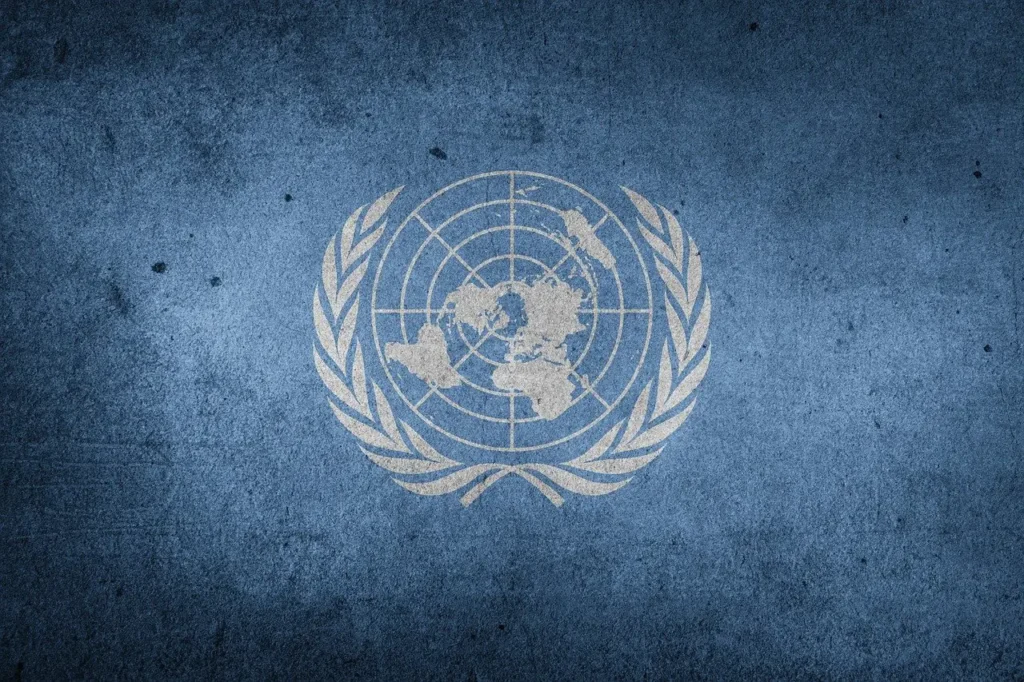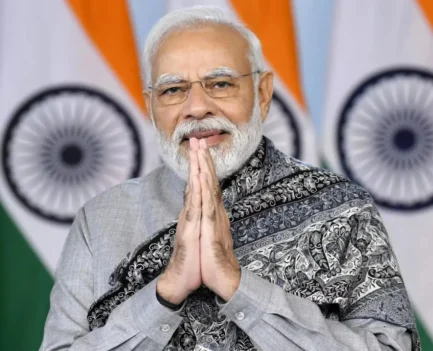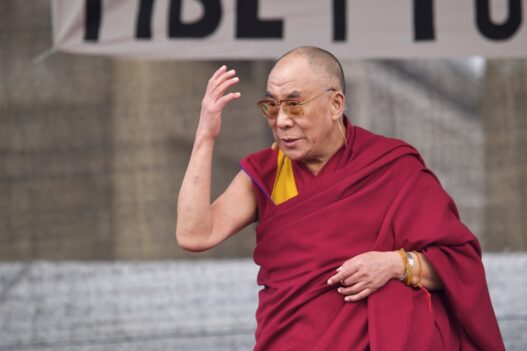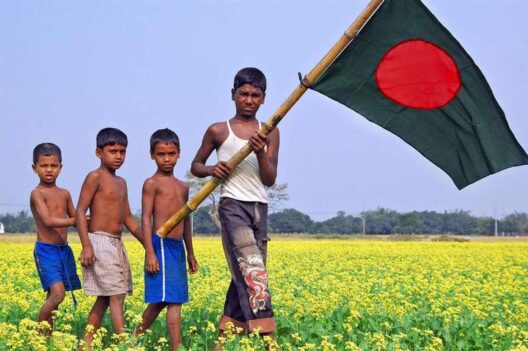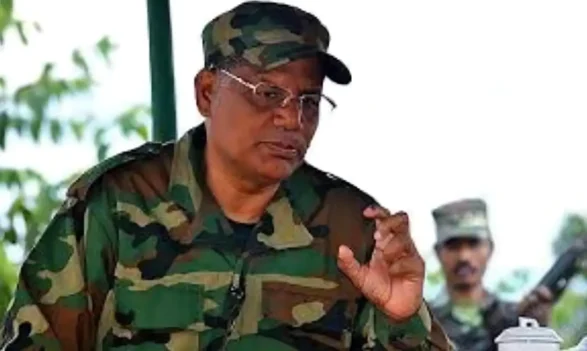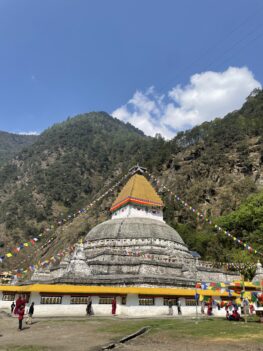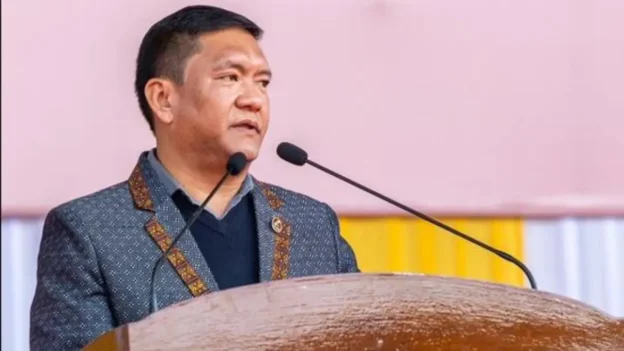The United Nations High Commissioner for Human Rights’ Fact-Finding Report on Human Rights Violations related to the Protests of July and August 2024 in Bangladesh presents a narrow focus and has not fully addressed the extent of political killings or the abuses against Hindu and Buddhist minorities. The report, which follows the events leading to the removal of former Bangladesh Prime Minister Sheikh Hasina, largely centers on the attempts made to suppress the protests, rather than examining the broader context of human rights violations.
The human rights abuses described in the report heavily focus on the actions of security forces under Sheikh Hasina’s command during the protests in Dhaka in July. However, it neglects to mention the widespread vandalism, arson, and targeted killings of political leaders, as well as the systematic attacks on religious minorities and indigenous activists in the Chittagong Hill Tracts that occurred in the aftermath of the protests.
The report fails to acknowledge the violence perpetrated by protesters, including vandalism, looting, and the lynching of individuals, as well as the brutal killings of police officers who were hanged on major roads. The report also overlooks incidents such as the setting of fires at relief buildings, road infrastructure, the Bangladesh Television Centre, and metro rail stations—events which were either not emphasized or entirely omitted.
Additionally, the violence that erupted after 12 PM on August 5 has been downplayed as merely an expression of outrage against the Awami League. The attack on Narsingdi Jail, where militants were freed and taken away, was similarly excluded from the report.
Many observers of Bangladesh’s political landscape believe that the investigation against the Sheikh Hasina government has inadvertently granted special privileges to both the current ruling party and those eager to gain power in the future. Some have even suggested that the era of Hasina’s leadership in domestic politics is over, and in the international sphere, she and her supporters will be marginalized, facing increasingly uncomfortable situations.
Rights activists contend that the UN High Commissioner’s Office failed to address the risks of the report being used for domestic political purposes by the Interim Government. Suhas Chakma, Director of the Rights and Risks Analysis Group (RRAG), argues that the grave human rights violations committed after August 15, 2024—particularly against Hindu minorities, indigenous peoples, and Awami League supporters—could not be investigated due to the impunity granted by Dr. Mohammed Yunus, the head of the Interim Government.
Despite these concerns, the report does state that the Awami League, under Sheikh Hasina, should not be banned, and it stresses the importance of ensuring an environment that allows the party to participate in elections. It also advocates for the accountability of the party’s leadership, while ensuring freedom of expression through voting.
The report mentions that between July 1 and August 15, 1,400 people were killed, with thousands more injured—most of them shot by Bangladesh’s security forces. It also states that there are reasonable grounds to believe that numerous extrajudicial killings, arbitrary arrests, detentions, and acts of torture were carried out with the coordination and direction of political leaders and senior security officials to suppress the protests. However, the report does not identify any specific perpetrators.
Chakma, however, argues that the UN report failed to identify individual officers responsible for these violations, as it was not a criminal investigation. He contends that the report’s failure to address this issue leaves accountability to political revenge within Bangladesh. Chakma also criticizes the limitations placed on the investigation by the Interim Government, which restricted the inquiry to events between July 5 and August 15, 2024.
In Chakma’s view, the limitations of the UN inquiry call for a more comprehensive approach at the 58th session of the UN Human Rights Council, one that establishes a proper inquiry commission and involves the UN High Commissioner for Human Rights country offices in Bangladesh to investigate violations beyond the period specified by the Interim Government. He further alleges that Dr. Yunus has shown little interest in establishing a genuine inquiry into the human rights violations committed by Hasina’s government and instead sought to manipulate the UN inquiry for political purposes.
The RRAG asserts that if the Interim Government of Bangladesh is genuinely committed to accountability, it should sponsor a resolution at the upcoming 58th Session of the UN Human Rights Council to establish an inquiry commission, supported by the OHCHR’s country offices in Bangladesh, to ensure a full and impartial investigation into the human rights violations in the country.

